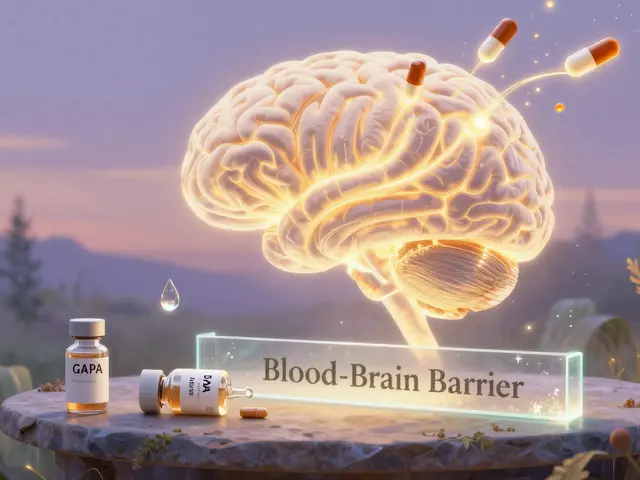Vitamin D Supplementation
When it comes to vitamin D supplementation, Vitamin D supplementation the practice of adding vitamin D to your diet or regimen to correct low levels and support overall health cholecalciferol supplementation is a common strategy for many adults. It isn’t just about catching up on a sunny day; the nutrient plays a direct role in bone health the strength and mineral density of bones, largely through calcium regulation, and it also influences immune function the body’s ability to fight infections and inflammation. In plain terms, more vitamin D often means better calcium use and a more alert immune system, which together can lower the risk of fractures and some chronic diseases. This connection is the first of several semantic triples we’ll explore: Vitamin D supplementation → supports bone health, Vitamin D supplementation → enhances immune function, and bone health → relies on calcium absorption.
Key Related Concepts You Should Know
Understanding the full picture means looking at the agents that work hand‑in‑hand with vitamin D. Calcium absorption the process by which the gut takes up calcium from food, a step that vitamin D dramatically boosts is the second piece of the puzzle; without enough vitamin D, even a calcium‑rich diet may fall short. Next, vitamin D deficiency a condition marked by serum levels below the recommended threshold, often leading to weakened bones and a sluggish immune response is more common than many think, especially in higher latitudes or among people with limited sun exposure. Finally, the practical side: dosing guidelines, safety limits, and timing. For most adults, 800–2000 IU daily meets the need, but certain groups—those with osteoporosis, chronic kidney disease, or malabsorption issues—might require higher, medically supervised doses. These entities create the next set of triples: calcium absorption ← requires vitamin D, vitamin D deficiency → impairs bone health, proper dosing → ensures safe supplementation.
Below you’ll find a collection of articles that dive deeper into these themes. Whether you’re curious about how vitamin D interacts with medications, its impact on diabetes management, or its role in kidney health, the posts cover real‑world comparisons, safety tips, and evidence‑based recommendations. Use this guide as a roadmap to decide if you need a supplement, what dosage makes sense for you, and how to monitor your progress safely. Let’s move on to the detailed resources that answer those questions and more.

Why Vitamin D Is Key to Preventing Hypocalcemia
Learn how Vitamin D prevents low blood calcium, who needs extra D, ideal daily doses, food sources, D3 vs D2 supplements, and monitoring tips.
Read More




